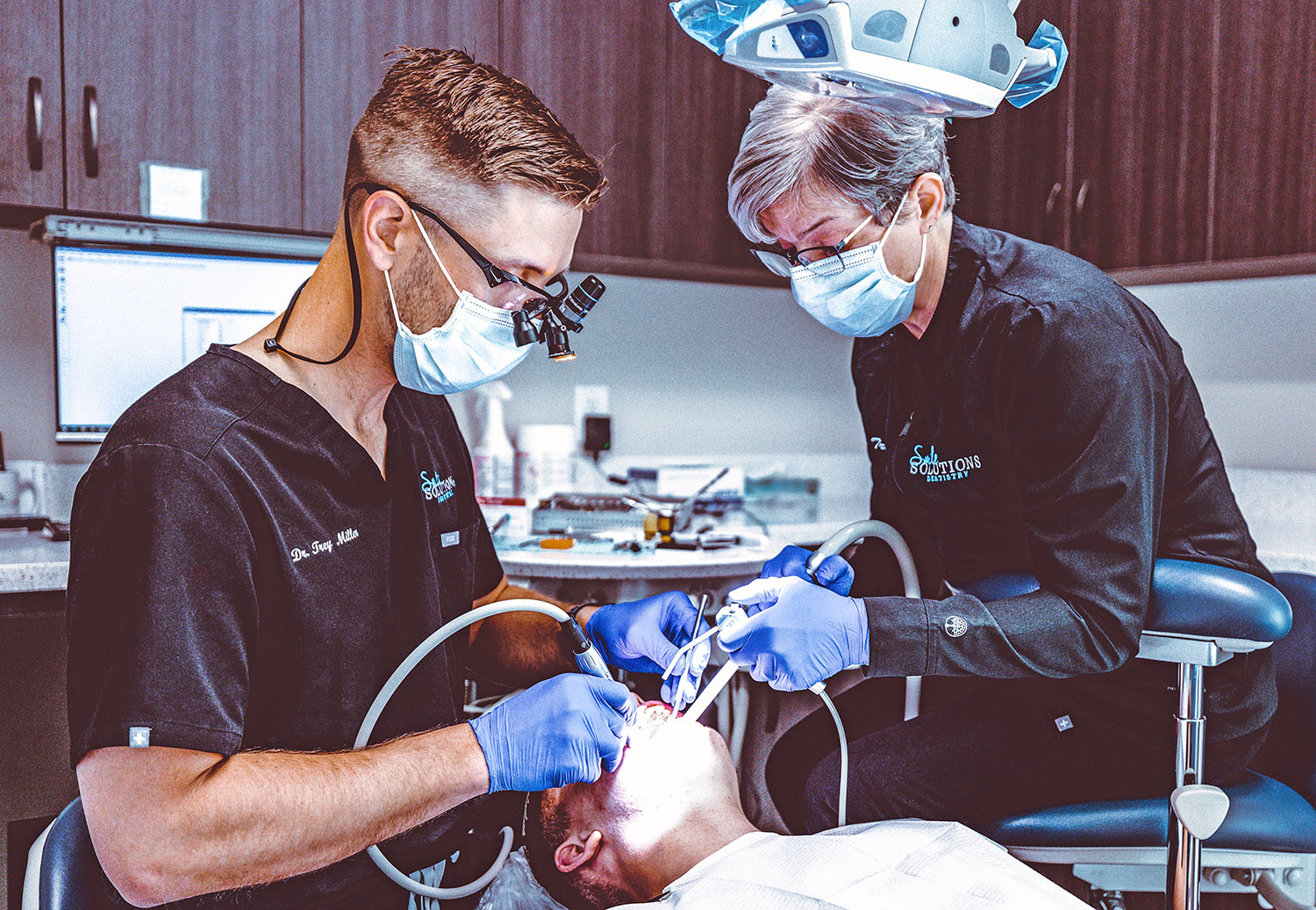Recognizing the Signs and Symptoms of a Cavity
Maintaining good oral health is essential for a beautiful smile and overall well-being. One common dental issue that many people face is dental cavities. Understanding the signs and symptoms of a cavity is crucial for early detection and timely treatment. In this article, we will explore the key indicators of a cavity and why recognizing them is vital for your dental health.
The Basics of Dental Cavities
Dental cavities (also knows as tooth decay) occur when the hard enamel covering your teeth begins to break down. This deterioration is primarily caused by the bacteria in your mouth, which feed on sugars and produce acids that erode the enamel. If left untreated, cavities can progress, leading to more extensive damage and potential pain.
Common Signs and Symptoms
1. Toothache or Sensitivity
One of the earliest signs of a cavity is tooth sensitivity or a persistent toothache. You may experience discomfort when eating or drinking hot, cold, sweet, or acidic foods and beverages.
2. Visible Holes or Pits
n some cases, you might notice dark spots, holes, or pits on the surface of your teeth. These visible signs often indicate the presence of dental decay.
3. Discoloration
Cavities can lead to staining or discoloration of the affected tooth. This can manifest as white spots, brown, or black areas on the tooth’s surface.
4. Pain When Chewing
Discomfort or pain when biting down or chewing your food can be a symptom of a cavity, especially if the pain is localized to a particular tooth.
5. Bad Breath or Unpleasant Taste
Bacterial activity within a cavity can cause bad breath or an unusual taste in your mouth.
Why Early Detection Matters
Recognizing the signs and symptoms of a cavity is crucial for several reasons:
1. Prevents Progression
Early detection allows for prompt treatment, preventing the cavity from progressing and causing more extensive damage to your tooth.
2. Minimizes Discomfort
Timely intervention can alleviate the discomfort and pain associated with cavities, enhancing your overall quality of life.
3. Preserves Tooth Structure
Treating cavities in their early stages preserves more of your natural tooth structure, reducing the need for extensive restorative work.
4. Saves Time and Money
Addressing cavities early is cost-effective and minimizes the time spent in the dentist’s chair.
Preventing Cavities
Prevention is the best approach to maintaining good oral health and avoiding cavities. Here are some preventive measures you can take:
1. Maintain a consistent oral hygiene routine, including regular brushing and flossing.
2. Limit sugary and acidic food and drink consumption.
3. Visit your dentist for regular check-ups and cleanings.
4. Consider dental sealants or fluoride treatments for added protection.
Conclusion
Recognizing the signs and symptoms of a cavity is a crucial aspect of maintaining good oral health. Early detection and prompt treatment can help preserve your teeth, alleviate discomfort, and save you time and money. If you experience any of the symptoms mentioned above, don’t hesitate to reach out by calling 704-456-9611. We make scheduling easy.




